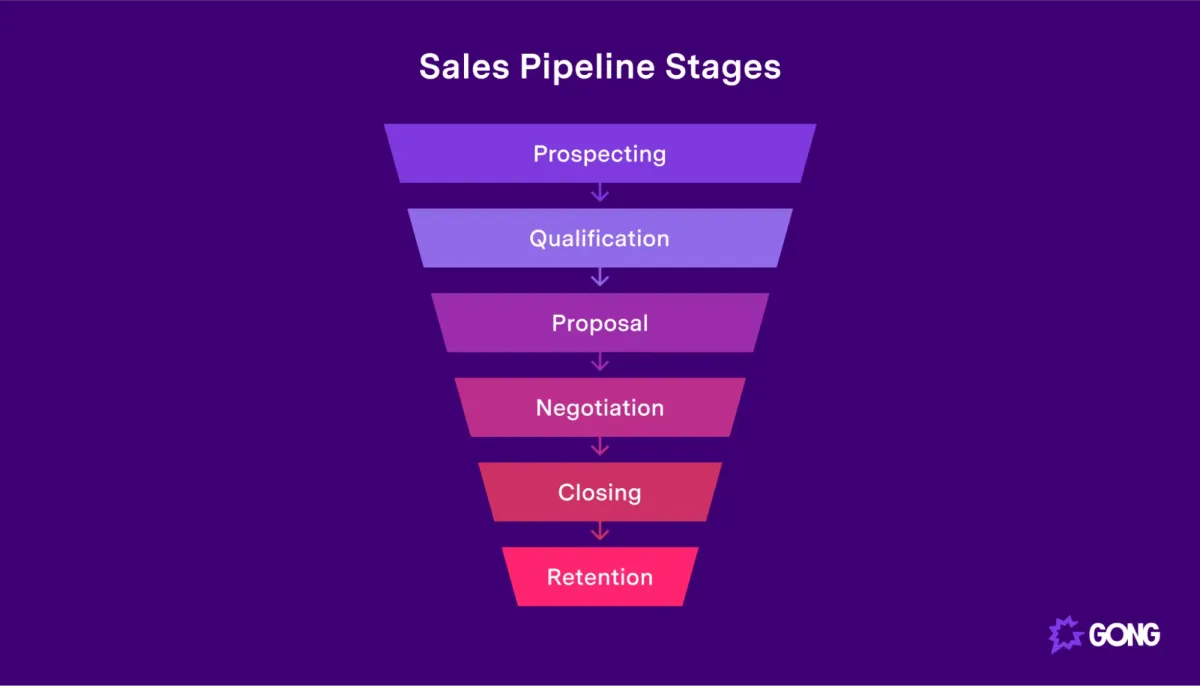Build 12 CRM News & Insights

The Importance of a Sales Pipeline in a CRM for Contracting Businesses
The Importance of a Sales Pipeline in a CRM for Contracting Businesses
In today’s fast-paced contracting industry, managing leads, tracking progress, and closing deals efficiently is more important than ever. Whether you’re a general contractor, a roofing specialist, or a masonry expert, having a clear and structured sales pipeline within a CRM (Customer Relationship Management) system is crucial to staying ahead of the competition and growing your business. At Build12, we understand the unique challenges contractors face, and we're here to show you why a well-organized sales pipeline can transform your operations.
What is a Sales Pipeline?
A sales pipeline is a visual representation of where potential customers are in the sales process. It outlines every stage a lead goes through, from the initial inquiry to closing the deal. For contracting businesses, this typically involves stages like:
Lead capture
Initial consultation
Proposal submission
Follow-up
Contract negotiation
Project start
Having this clear structure allows contractors to track each prospect's journey, identify where opportunities are, and know what actions are needed to move a lead further down the funnel.
The Role of a CRM in Managing the Sales Pipeline
Using a CRM like Build12 ensures that your sales pipeline is organized, efficient, and actionable. Here’s why integrating a CRM with your sales pipeline is critical for contractors:
1. Better Lead Management
Without a structured system, leads can easily slip through the cracks. A CRM with a sales pipeline ensures that every lead is captured, logged, and tracked. This is especially important in contracting, where leads may come from various sources such as referrals, Google Ads, or word-of-mouth.
With CRM automation, you can ensure that new leads are assigned to the right team members and nurtured through the sales process.
2. Improved Follow-Up and Conversion Rates
Many contractors struggle with follow-up, which is often a key reason for lost deals. A sales pipeline in your CRM provides automated reminders and notifications, ensuring that no lead goes uncontacted. Whether it's sending a quote or scheduling a site visit, automated follow-ups keep the sales process moving forward.
By having all client interactions and deal stages in one place, your team can ensure timely responses, ultimately leading to higher conversion rates.
3. Forecasting and Revenue Growth
One of the greatest benefits of using a sales pipeline in a CRM is the ability to forecast revenue. By analyzing where your leads are in the pipeline and their probability of closing, you can predict your cash flow and project volume more accurately.
Contractors can use this information to make informed decisions about hiring, material procurement, and capacity planning for upcoming projects.
4. Increased Efficiency and Productivity
A sales pipeline streamlines communication and decision-making. Instead of manually tracking leads through spreadsheets or sticky notes, your CRM provides an automated, centralized system for managing everything in one place. This means:
Less time wasted searching for lead information.
Quicker handoffs between team members.
Consistent workflows for each lead, ensuring nothing falls through the cracks.
5. Improved Customer Experience
Contracting is a relationship-driven business, and clients expect timely updates and professional service. A CRM-integrated sales pipeline helps ensure that your team provides a seamless experience by tracking every touchpoint. For instance, reminders to follow up on quotes or to send project updates can significantly improve the client experience.
The result? Happier clients, better reviews, and more referrals.
6. Detailed Reporting and Insights
With your sales pipeline integrated into a CRM like Build12, you gain access to detailed reporting on key performance indicators (KPIs) such as:
Conversion rates at each stage of the pipeline.
Average deal size.
Time taken to close deals.
Lead sources and which channels are driving the most revenue.
These insights enable contractors to tweak their sales strategies, allocate resources more effectively, and identify any bottlenecks in the sales process.
How Build12 Helps Contractors Manage Sales Pipelines
At Build12, we provide contractors with a CRM that’s designed specifically for the unique needs of their businesses. Our platform helps you:
Capture leads from multiple sources like your website, ads, and referrals.
Track every step of the sales journey with easy-to-use, customizable pipelines.
Automate follow-ups, proposal submissions, and notifications so you never miss an opportunity.
Generate reports to understand which parts of your pipeline are performing and where improvements can be made.
Conclusion: The Power of a Sales Pipeline
For contracting businesses, success often comes down to how well you manage your leads and projects. A sales pipeline integrated into a CRM like Build12 provides the structure, visibility, and tools necessary to turn leads into long-term, satisfied clients. It streamlines your sales process, improves follow-up efficiency, and ultimately helps grow your revenue.
Are you ready to take control of your sales process? Contact Build12 today to learn more about how we can help your contracting business succeed with a powerful CRM and sales pipeline management system.
Solutions
Streamline Sales
Generate More Leads
Build Your Brand
Impress Existing Customers
AutomButtonate Tasks
Features
All In One Inbox
Email + SMS Marketing
CRM & Sales Pipeline
Review + Reputation Management
Social Media Management
Website Chat Widget
Forms & Surveys
Automate Tasks
Online Appointment Booking
Invoicing & Payments
Automated Nurture Sequence
Reporting & Analytics
Membership & Course Builder
Phone System & Autodialer

